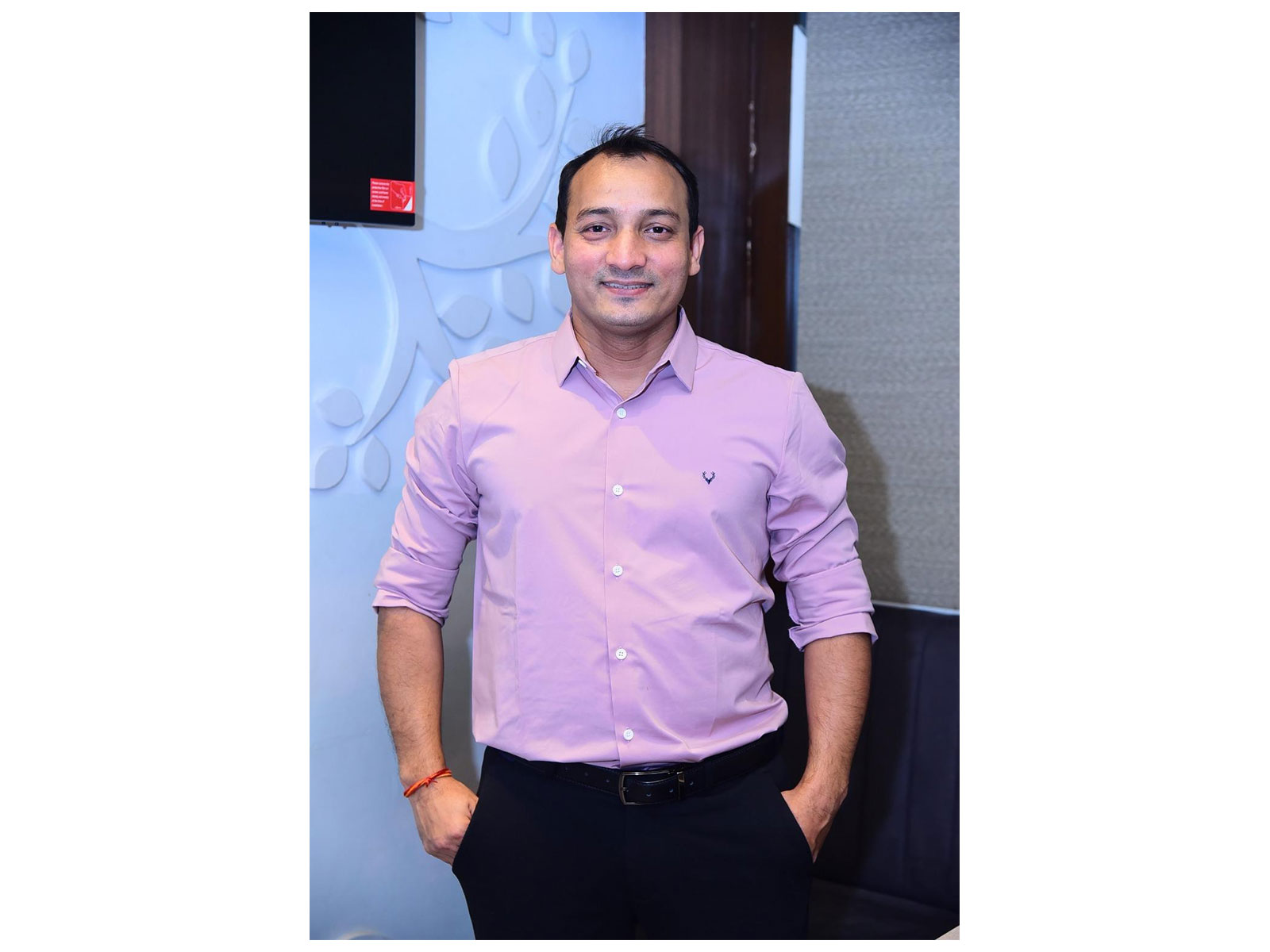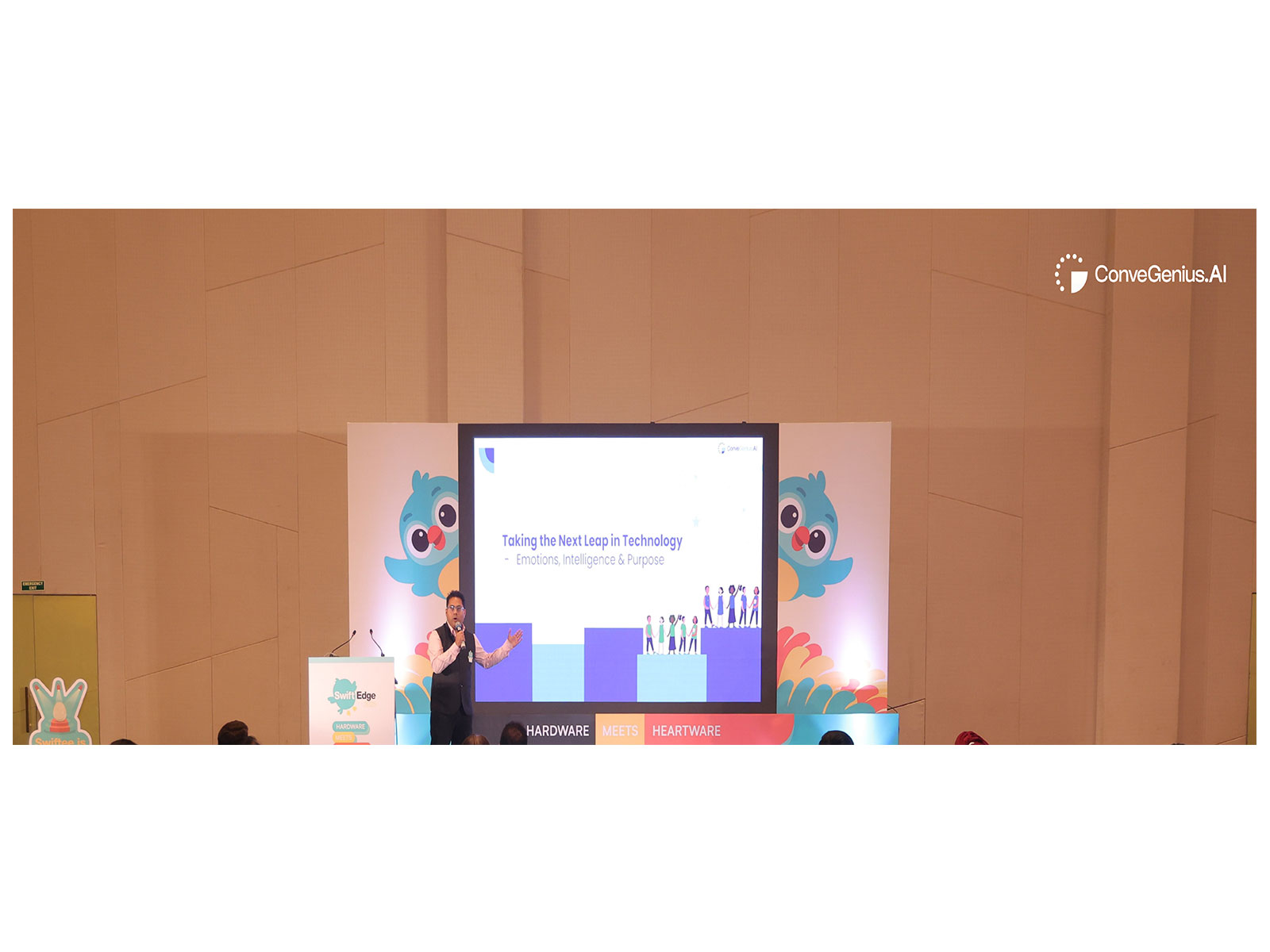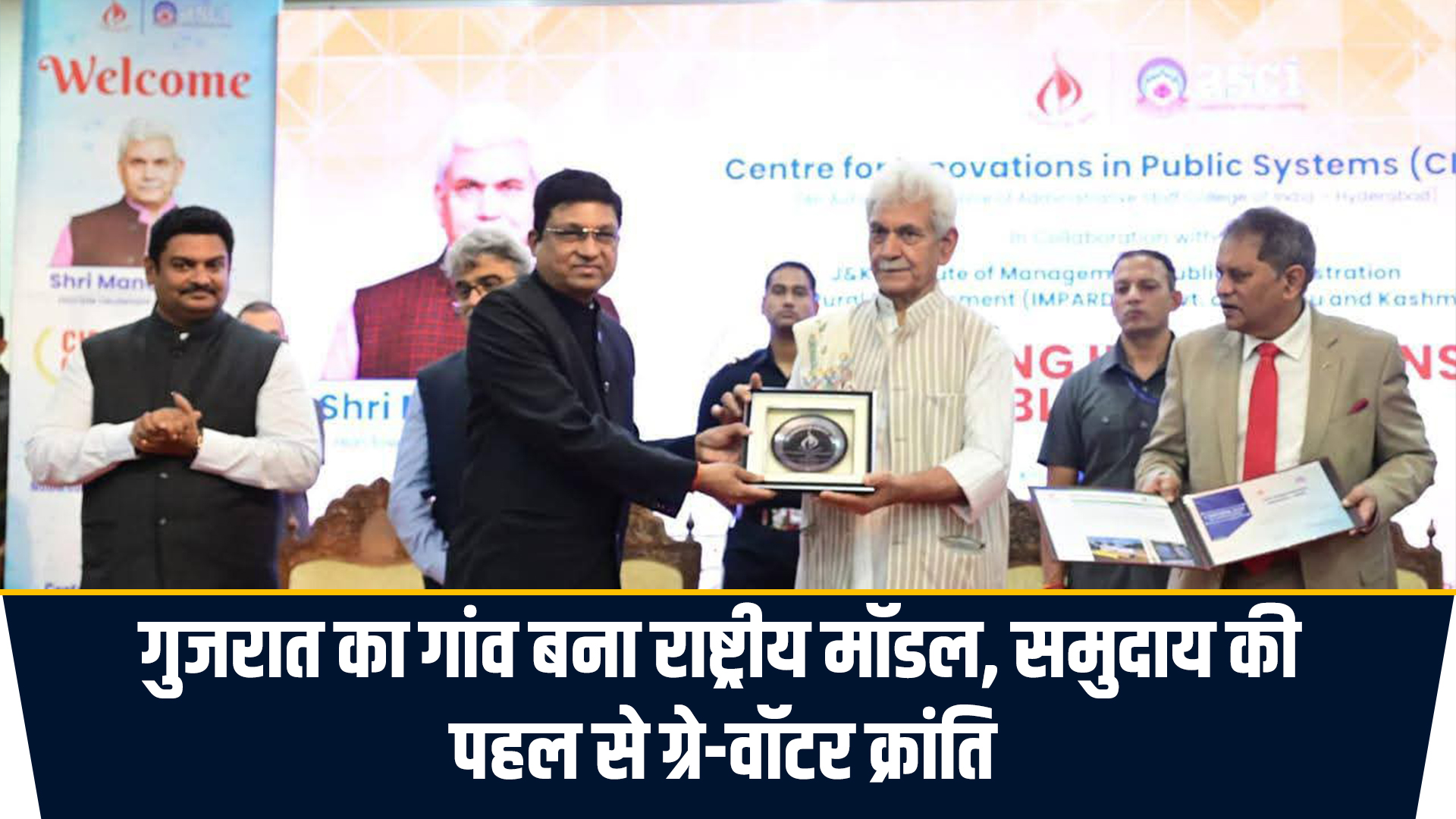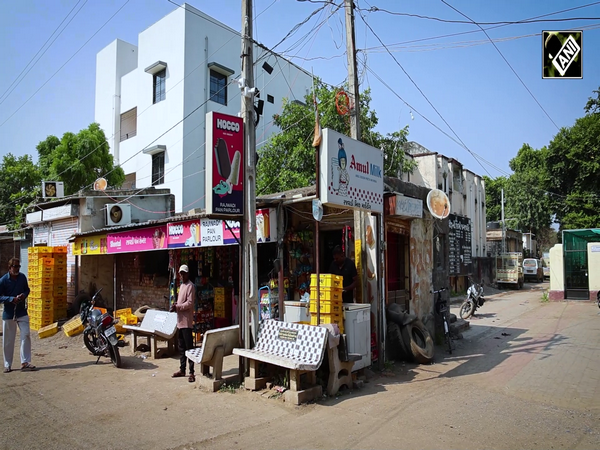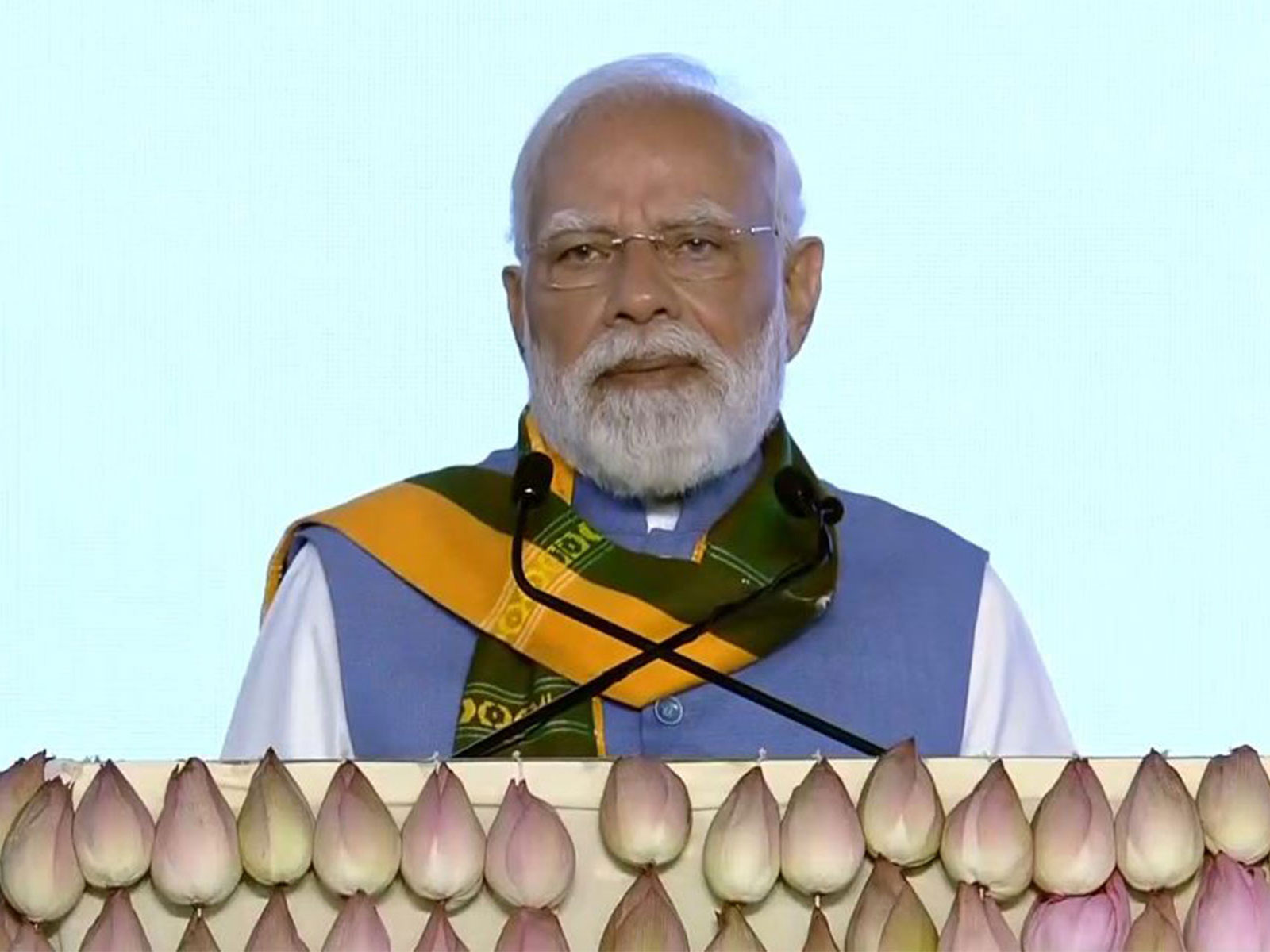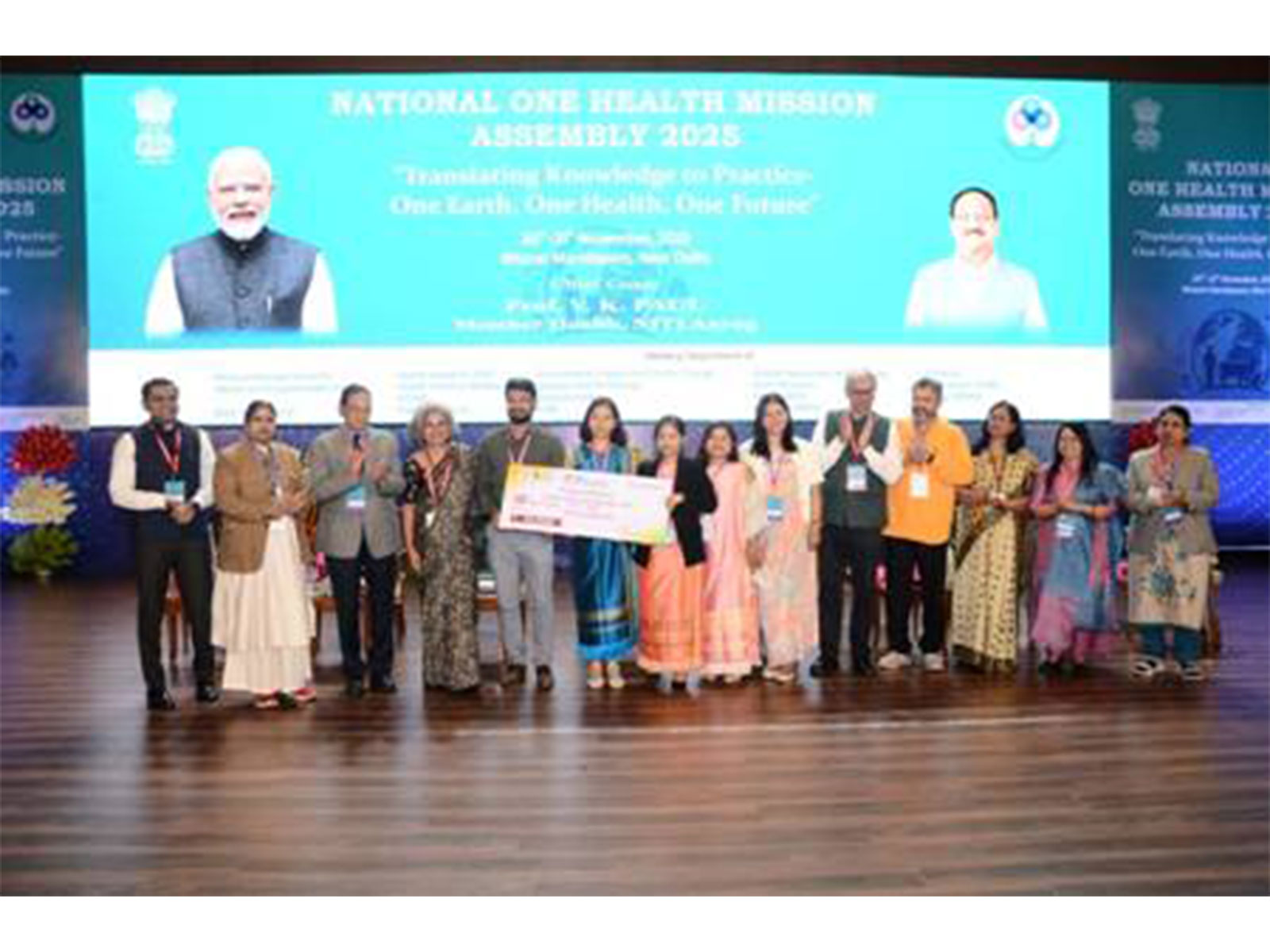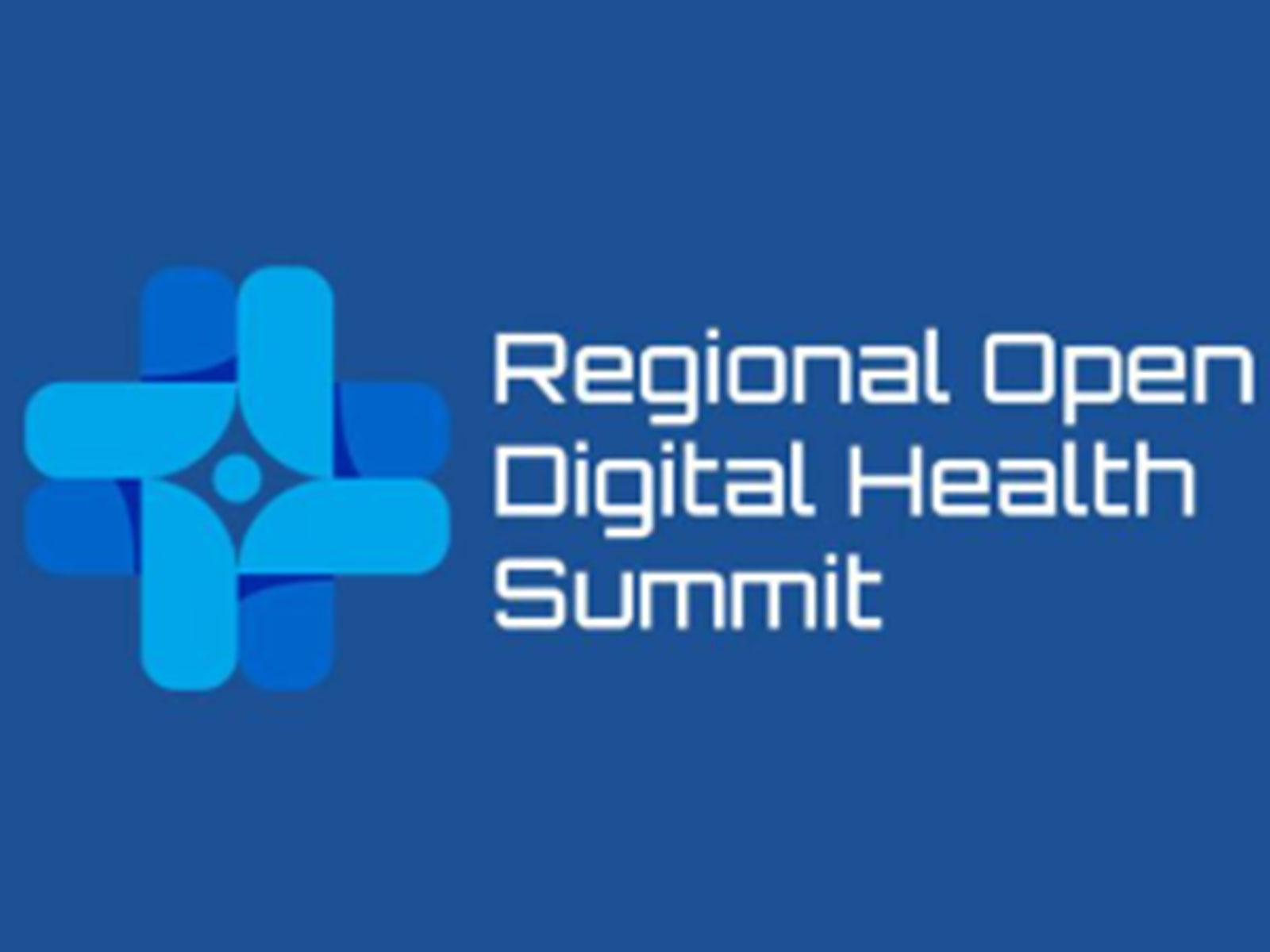
Countries chart path forward on interoperable digital health systems at RODHS 2025
Nov 21, 2025
New Delhi [India], November 21 : Countries across South-East Asia came together on the second day of the Regional Open Digital Health Summit (RODHS) 2025 in New Delhi to plan the next phase of digital health transformation. Health leaders focused on building connected, standards-based health systems that can work together seamlessly. The discussions, demonstrations, and technical sessions were part of a broader regional effort to make healthcare data exchange safe, open, and interoperable.
According to a Ministry of Electronics & IT press release, the day's sessions centered on turning broad digital health visions into practical systems that could improve care delivery. Delegates from Bangladesh, Bhutan, India, the Maldives, Nepal, Sri Lanka, Thailand, and Timor-Leste shared progress and challenges in building digital public health infrastructure using open standards and open-source technologies.
A major highlight was a shared agreement to adopt the Fast Healthcare Interoperability Resources (FHIR) standard for data exchange. Experts said that countries would move gradually toward FHIR, using adapters and pilot testing to upgrade older systems safely. They also underlined that governance is as important as technology, cautioning that without oversight, digital systems could become fragmented and hard to manage.
India showcased platforms such as HMIS, Care Expert, and Care 3.0, which are being used to strengthen data-driven decision-making in healthcare. Sri Lanka presented its advances in adopting FHIR-based health records and disease surveillance. Other countries, including Bangladesh, Bhutan, Nepal, and the Maldives, demonstrated how modular, open systems are being customized to local needs, while Thailand and Timor-Leste shared their journeys in developing national digital health frameworks.
Sessions through the day explored the shift from small, standalone pilot projects to integrated digital health ecosystems. Speakers described how technologies such as telemedicine, drone-based medicine delivery, and digital cause-of-death systems could be brought together into unified, intelligent public health networks.
The discussion on digital disease surveillance pointed to long-standing issues like fragmented data and inconsistent definitions. Adoption of WHO's SMART Guidelines, Digital Adaptation Kits, and HL7 FHIR standards was seen as key to solving these gaps.
Panelists on electronic health records noted that success depends on modular and adaptable systems, whether home-grown or open source. Later sessions focused on governance, legislation, and ethics. Experts called for incentives, public-private partnerships, and community involvement to ensure sustainability.
At the national level, speakers from India, Sri Lanka, and Thailand agreed that trust, laws, and governance must lead technology. They emphasized that strong data protection laws, citizen-focused frameworks, and legal recognition of digital records are essential for lasting progress.






